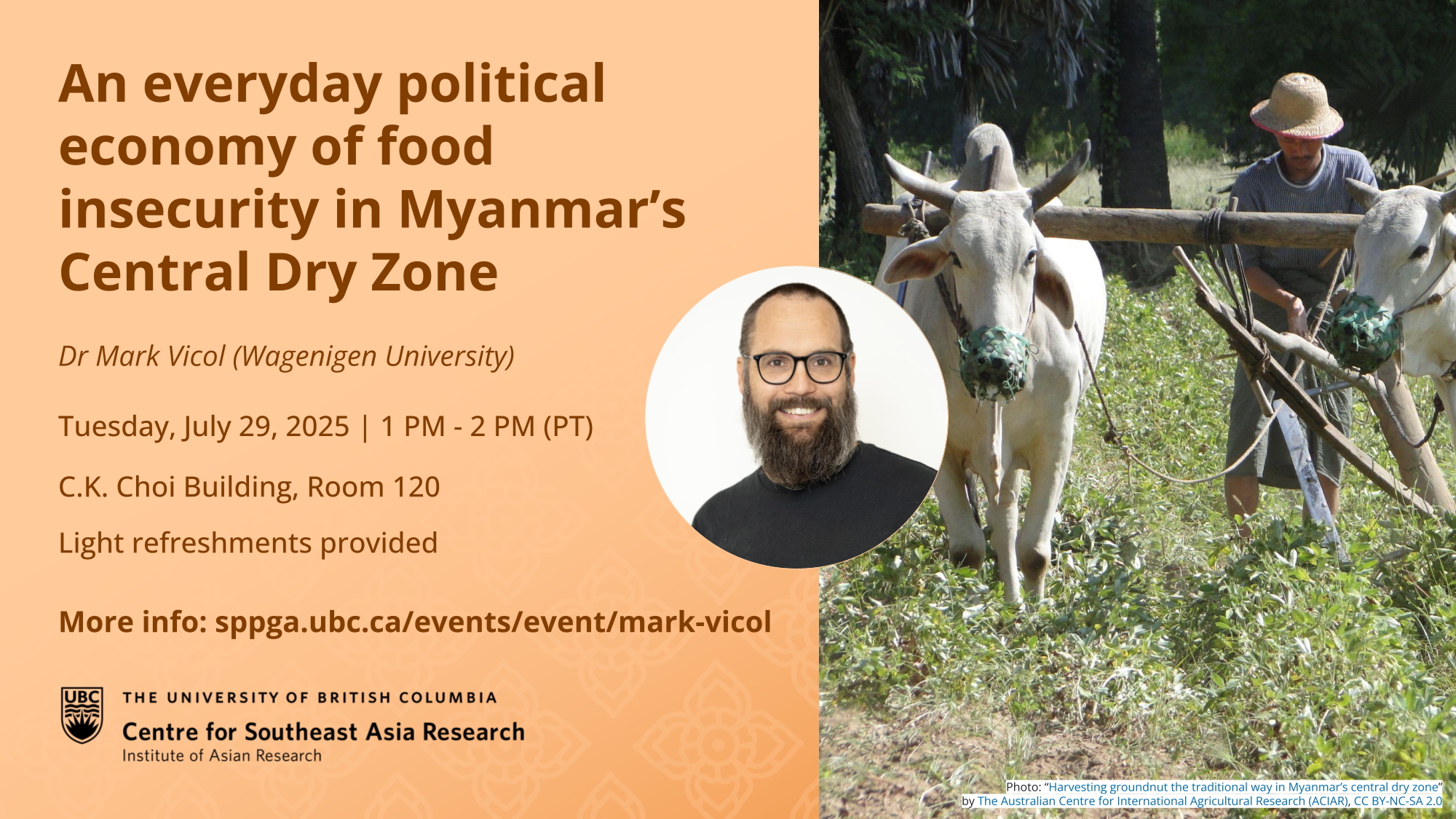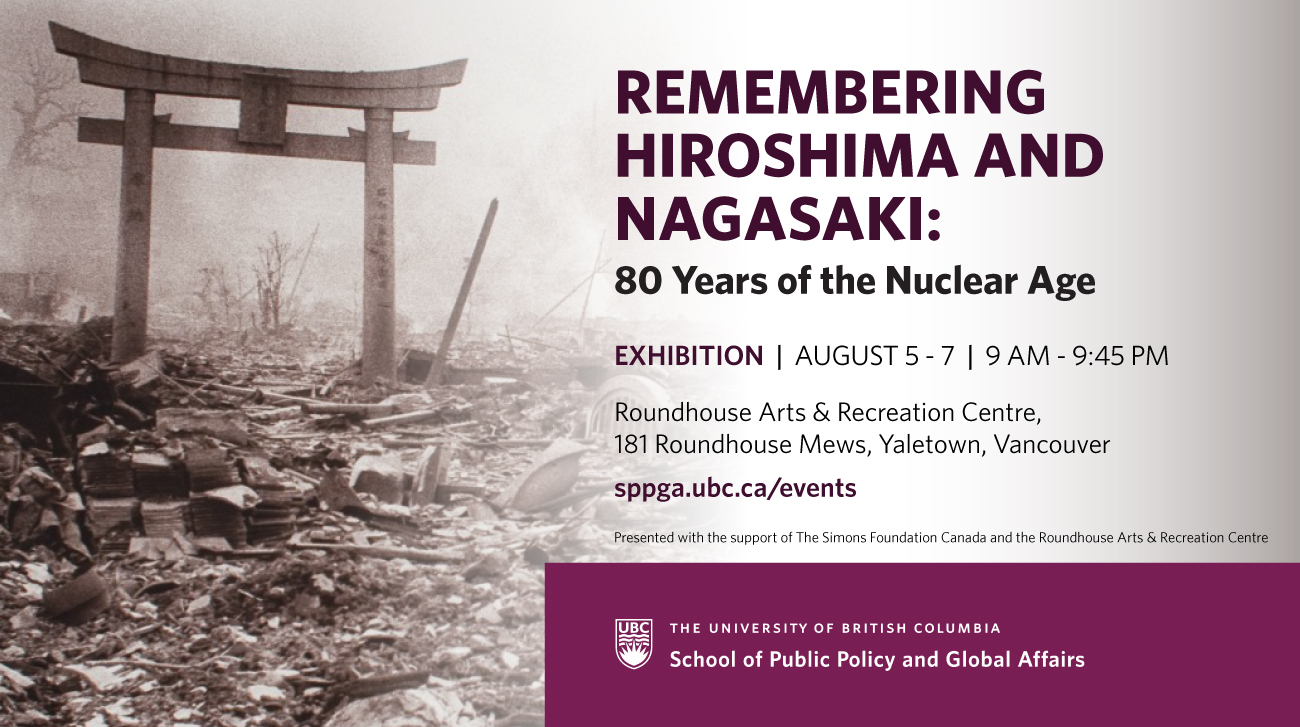Abstract:
Excrement was a hot commodity in the cities of nineteenth-century Japan. The widespread use of night soil as an organic fertilizer meant that residents of cities such as Tokyo and Osaka could sell their waste rather than simply dispose of it. Thanks to this trade, pre–twentieth-century cities Japanese cities enjoy a reputation as having been remarkably green spaces in which residents lived in salubrious harmony with nature. In this presentation, I will argue that the night-soil economy offers a novel way to situate late Tokugawa and early Meiji Japan into the broader history of the nineteenth-century world, while at the same time challenging the tendency to essentialize the “greenness” of early modern Japanese cities.
Speaker:
Dr. David L. Howell (Harvard University)

